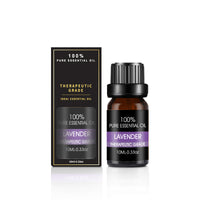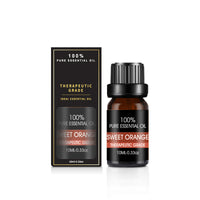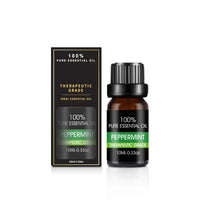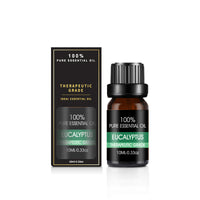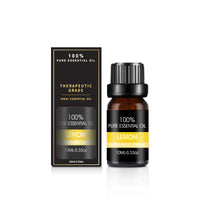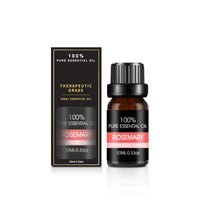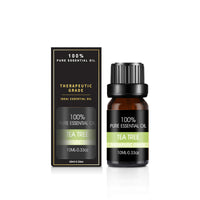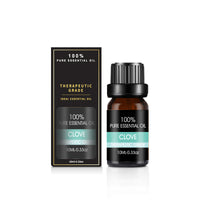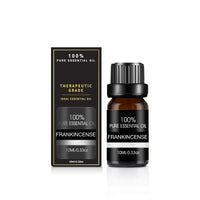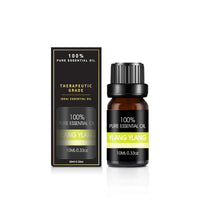Aromatherapy is a practice that harnesses the power of scents and essential oils to promote physical and mental well-being, and has been used for centuries across different cultures. Today, it's gaining renewed popularity as people seek natural and holistic approaches to health and relaxation. Let's look into the world of aromatherapy, exploring its history, benefits, and how you can incorporate it into your daily life.
Aromatherapy: A Brief History
Aromatherapy has ancient roots, with evidence of its use dating back thousands of years to cultures like the Egyptians, Greeks, and Chinese. Essential oils extracted from plants were revered for their healing properties and were used in various rituals and remedies. The term "aromatherapy" was coined in the 20th century by a French chemist, René-Maurice Gattefossé, who extensively researched the therapeutic benefits of essential oils.
How Aromatherapy Works
At its core, aromatherapy involves the use of essential oils, which are highly concentrated extracts from plants, flowers, herbs, and trees. These oils contain the plant's natural aromatic compounds, each with its unique scent and potential health benefits. Here's how aromatherapy works:
1. Inhalation: One of the most common ways to practice aromatherapy is through inhalation. When you inhale the aroma of essential oils, they stimulate the olfactory system, which is linked to the brain's limbic system, responsible for emotions, memories, and mood. This interaction can trigger various physiological responses.
2. Absorption: Essential oils can also be absorbed through the skin. When mixed with a carrier oil and applied topically, they can be absorbed into the bloodstream, providing localized and systemic benefits.
Benefits of Aromatherapy
Aromatherapy offers a wide range of physical, emotional, and mental benefits:
1. Stress Reduction: Certain essential oils like lavender, chamomile, and frankincense are known for their calming and stress-relieving properties. Inhaling these scents can promote relaxation and reduce anxiety.
2. Improved Sleep: Aromatherapy can help with insomnia and sleep-related issues. Oils like lavender and cedarwood can induce a sense of tranquility and improve the quality of sleep.
3. Pain Management: Some essential oils possess analgesic properties and can be used to alleviate pain, headaches, or muscle soreness when applied topically.
4. Enhanced Mood: Aromatherapy can lift your spirits and improve your mood. Citrus oils like lemon and orange are known for their uplifting qualities.
5. Respiratory Relief: Eucalyptus and peppermint oils are often used to clear congestion and promote easier breathing, making them helpful during colds and allergies.
6. Skin Care: Certain essential oils can address skin issues, from acne and eczema to aging. Tea tree oil, for example, is celebrated for its antibacterial and antifungal properties.
7. Focus and Concentration: Essential oils like rosemary and peppermint can boost mental clarity, focus, and productivity.
Incorporating Aromatherapy into Your Life
Now that you understand the benefits of aromatherapy, here are some practical ways to incorporate it into your daily routine:1. Diffusers: Aromatherapy diffusers are popular devices that disperse essential oil vapors into the air. They're perfect for creating a calming atmosphere in your home or office. Check out our Aromatherapy Diffuser to elevate your space.
2. Topical Application: Dilute essential oils with a carrier oil like coconut or jojoba and apply them to your skin. Be sure to do a patch test first to check for any adverse reactions.
3. Baths: Add a few drops of your favorite essential oil to your bath for a spa-like experience. It's a fantastic way to relax after a long day.
4. Massage: Incorporate aromatherapy into your massage sessions by using oils that promote relaxation or target specific issues.
5. Inhalation: Carry a small bottle of essential oil with you and inhale it when you need a mood boost or stress relief.
6. Room Sprays: Create your room sprays by mixing essential oils with water in a spray bottle. Use them to freshen up your living space.
As you can see, aromatherapy is a versatile and natural approach to enhancing your well-being. Whether you're looking to reduce stress, improve sleep, or boost your mood, there's likely an essential oil that can help. So why not embark on your own aromatherapy journey and discover the many ways it can enhance your life? Whether you're a seasoned practitioner or a newcomer, aromatherapy has something to offer everyone seeking a holistic path to wellness.


